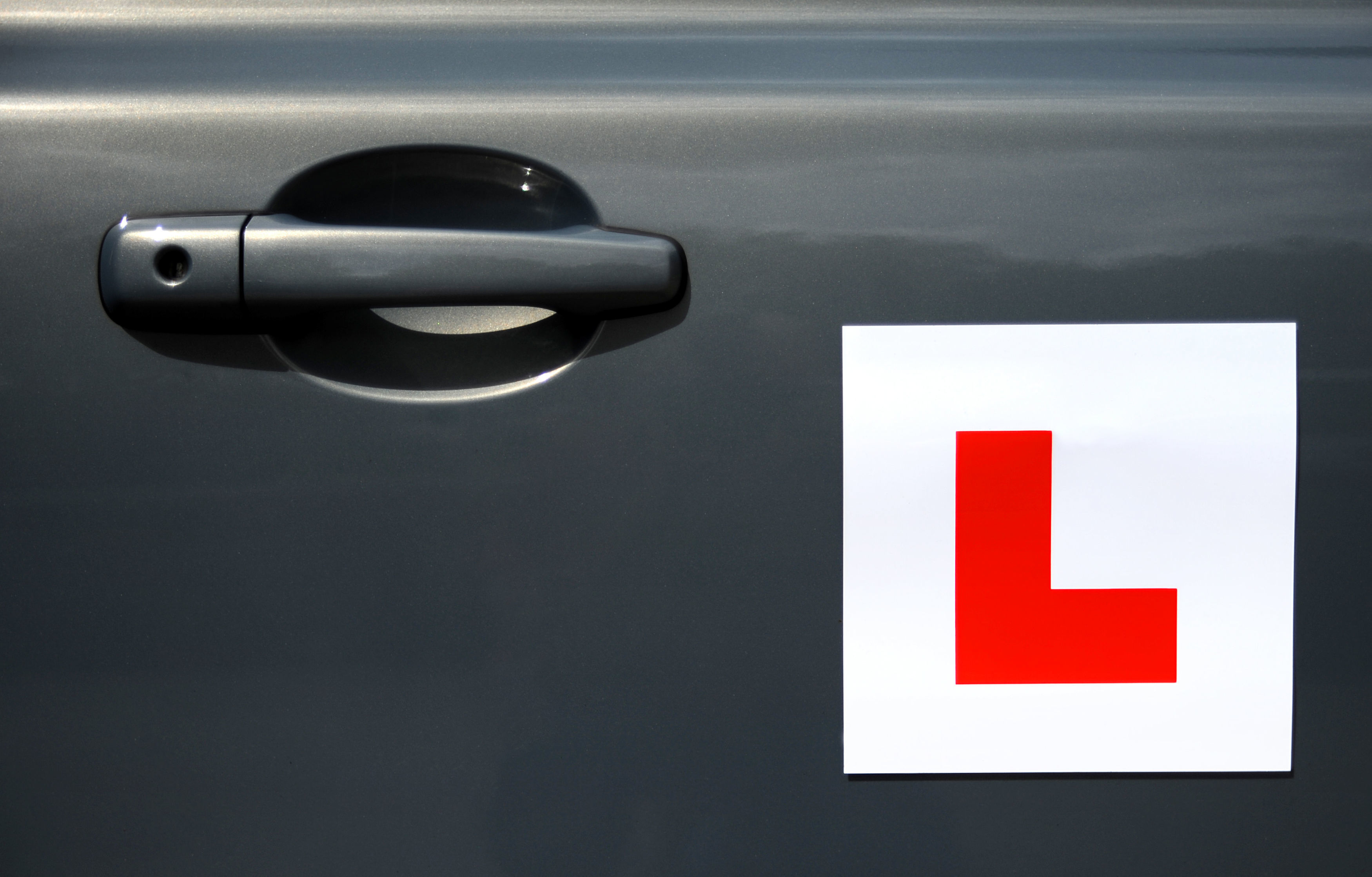
Teaching Teens Responsible Driving: A Guide to Nurturing Safe Habits
By Motor Match • 01/07/2025
One of the most anxiety-inducing moments for any parent is when their teenager finally asks for the keys to the car. We take a look at how to nurture a safe attitude.
The thought of them out on the open road, navigating traffic, making split-second decisions - it can all be a bit nerve-wracking.
1 in 5 drivers are involved in a crash of some sort during their first year of driving, so it's completely normal to be worried about how well you've prepared them for life behind the wheel, and yourself to sit in the passenger's seat!
So, what can you do to ease the concern when the time does eventually come? Well, the team at Motor Match put their collective parental expertise to create this handy guide to help you be the best possible role model for your young driver, so they can enjoy the open road without harming themselves and other drivers.
But first, let’s talk uncomfortable truths:

Understanding the risks: UK teen driver statistics
While teens only make up a small percentage of the total driving percentage (1.5%) they account for a disproportionately high number of serious or fatal road accidents (9%). This overrepresentation is a stark reminder that inexperience and youthful risk-taking can be a hazardous combo with some grave consequences.
Comparisons with other age groups
When comparing teen accident rates with those of other age groups, the contrast is similarly stark. Drivers between 17 and 19 years old are more than twice as likely to die in a crash than those aged 40-49, with the overall accident rate declining with age up until around 80 years old.
When looking at the time of day these accidents are taking place, the data adds up. Incidents involving middle-aged drivers tend to happen more during the hours of the morning commute, whereas those involving teenagers are seemingly more sporadic, occurring more on weekends or evenings when recreational activities come into play.
Regardless, these figures paint a clear picture about the importance of teaching our teens responsible driving - not just as a parental duty, but a societal one. As parents, we must actively equip our next generation with the skills and knowledge they need to safely navigate the roads.
Your influence as a parent
Your child’s road safety education begins at home, and as the main role model of their early years, your influence as a parent is key to their attitude towards road safety.
According to AXA research, there is a clear correlation between parental driving habits and that of their children. In fact, young drivers who witness their parents drink-driving are seven times as likely to drink-drive themselves, compared to those with no memory of their parents drink-driving. Similarly, young drivers who consider their parents to be aggressive drivers are themselves more likely to commit aggressive road behaviour, with 50% more likely to swear, flash or beep at others.
So, what can you do?

Practice and preach
Well it’s not only about displaying safe driving habits, but also communicating them openly in conversation. Share your experiences, discuss road incidents in the news, and ask them about any potential fears or experiences on the road.
Having said that, practising what you preach is where it really counts. If you tell your teen not to use their phone whilst driving, but you yourself are pinging messages to your friends at the lights, you’re just offering mixed signals.
Additionally, why not set aside some time for “mentorship drives”? Go out with them specifically to practise and teach. Let them see how you handle challenging situations, and then see how they would do the same under your guidance.
This is all to say that your role as mentor is not passive. It requires active engagement on your part.

The power of tech
Let’s face it, our teenagers are some of the most digitally native people in the world. So, why not meet them where they already are, and introduce some helpful apps and software to help them understand road safety? Some of our favourites are:
- Theory Test Pro - A popular choice for learners to prepare for their theory tests, offering hazard perception clips, and example practice questions.
- Drive iQ - This platform that encompasses modules on distribution, motorway driving, and more.
- GoRoadie - An app that connects learners with qualified driving instructors in their area, allowing for ratings, reviews, and direct bookings.
Setting boundaries
As beneficial as technology can be, it’s equally important to know when (and when not) to step in. Avoid over-monitoring, as constant surveillance can make teens feel mistrusted. On the other hand, regular check-ins to discuss their driving patterns, areas of concern, and noting any improvements are encouraging.
A journey together
Learning - as you know - isn’t just a skill, but a journey shaped by experiences and lessons of yesteryear.
Your teen’s driving habits will often set the tone for the rest of their life, make sure these formative years are full of encouragement and active engagement, so they can get off to the best start. And with a range of used cars to suit various budgets, when it comes to getting their first car, Motor Match have you covered. Get in touch today to learn more.
You may also like…